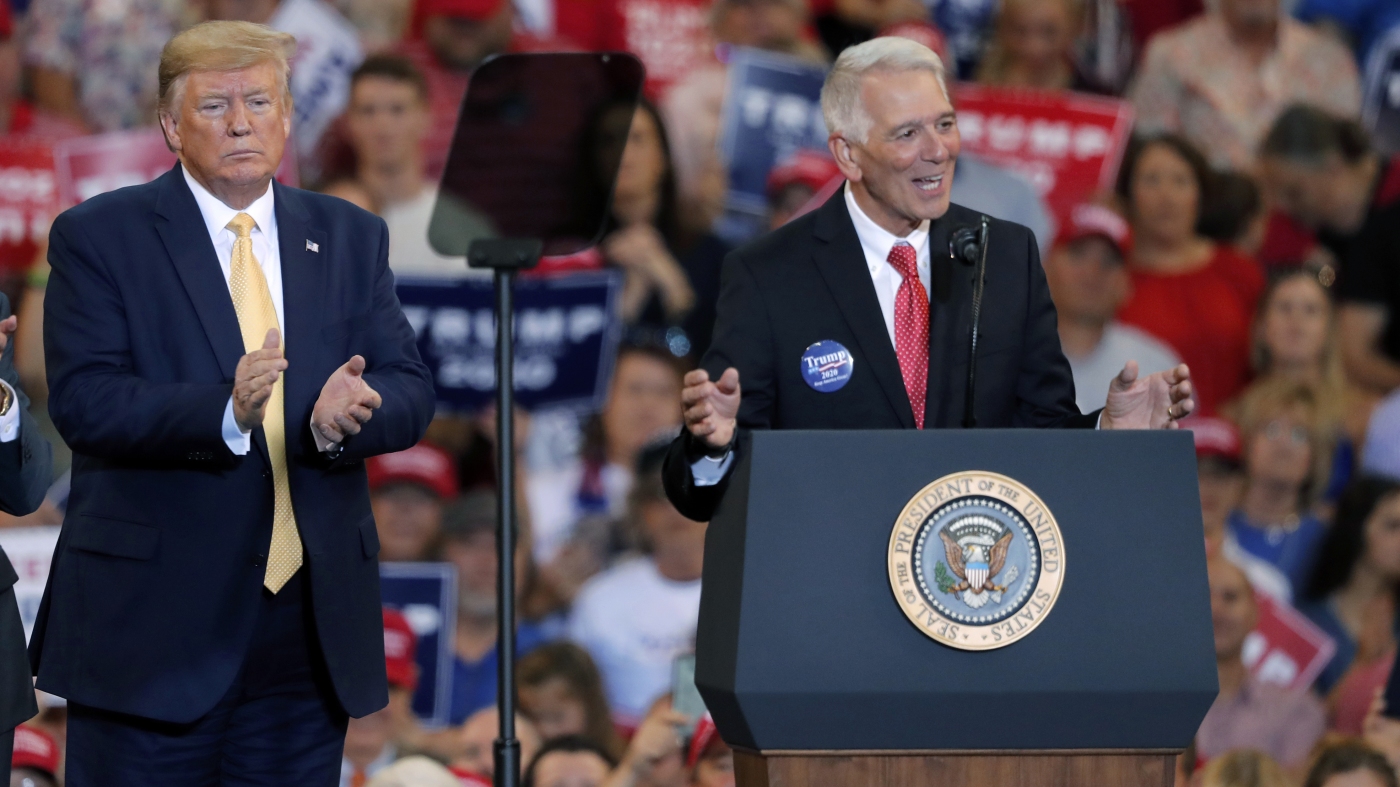Listen to this article
Approximately 4 minutes
The audio version of this article was created using text-to-speech, a technology based on artificial intelligence.
Famed author Thomas King says that despite believing it almost all his life, he is not Indigenous.
Author of books, including 2003 The Truth About Stories: Local Narratives and 2012 The Inconvenient Indian: A Curious Tale of the Indigenous Peoples of North Americasays he is stunned by recent news that he has no Cherokee ancestry.
In an essay titled “The Most Inconvenient Indian” for the Globe and Mail, King, of Guelph, Ont., says he became aware of rumors questioning his origins several years ago.
King, a California native, says he made a concerted effort this year to find out their origins, which led him to a US organization called the Tribal Alliance Against Fraud.
This group researched his past with the help of a scientist from the University of British Columbia and found no Cherokee heritage.
The 82-year-old says he didn't deliberately pretend to be of Indigenous heritage.
He writes that he was three years old when his father left the family, and that his mother rarely spoke of the man, but did say that he was half Cherokee.
King says the discovery, made a couple of weeks ago, was “very devastating, although 'devastating' is too common a word.”
“At 82, I feel like I've been torn in half, a one-legged man in a two-legged story. Not the Indian I had in mind. Not an Indian at all,” King writes in the essay.
Starting a conversation
King's many awards include the 2020s Stephen Leacock Memorial Medal for Humor. Indians on vacationand became a Member of the Order of Canada in 2004. In 2020 he became a Knight of the Order.
At the time, he was awarded the Governor General's Award for work that “exposes the harsh truths of injustice among Indigenous peoples in North America” and through which “this respected storyteller and activist challenges stereotypes and cultural assumptions, and promotes dialogue and reconciliation between Indigenous and non-Indigenous peoples.”
After winning the RBC Taylor Prize for Nonfiction for Inconvenient Indian in 2014, he told The Canadian Press: “I think the best I can hope for is to start a conversation that other people will have to continue.
“Maybe this will spark a serious conversation about the situation of Indigenous people in Canada. That would be the most I can hope for.
King's publisher, HarperCollins Canada, told the Globe it is proud to have published his work for more than 30 years.
A spokeswoman told The Canadian Press that the publisher had no further comment and that a request for an interview with King had been submitted.
King says in his essay that he had previously tried unsuccessfully to track down members of his father's family in Oklahoma to shed light on his father's biological father, who his mother said was “half Cherokee.”
But he says a Tribal Alliance Against Fraud genealogist traced both the man's ancestry and his father's “recorded sire” ancestry, and neither was of Cherokee heritage.
King says in the essay that he expects a “firestorm” of anger, disbelief and feelings of betrayal, and after it ends, he will “sort out the rubble to see if there is anything left of my reputation, of my career.”
“I’d like to think that at the very least I can find a way to continue to support Indigenous causes and Indigenous artists, although I’m not sure that causes and artists would want to stand too close to such a smoldering wreck,” he writes.








